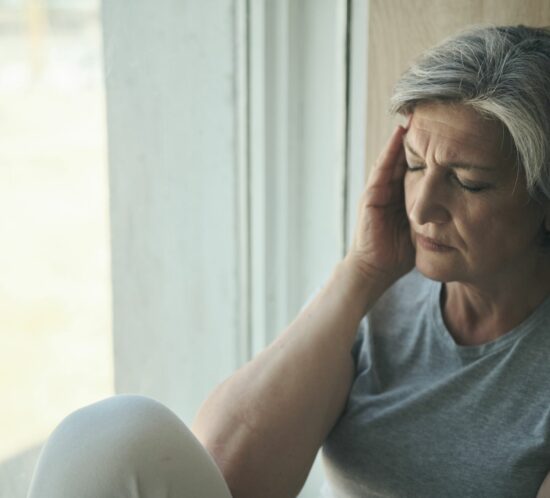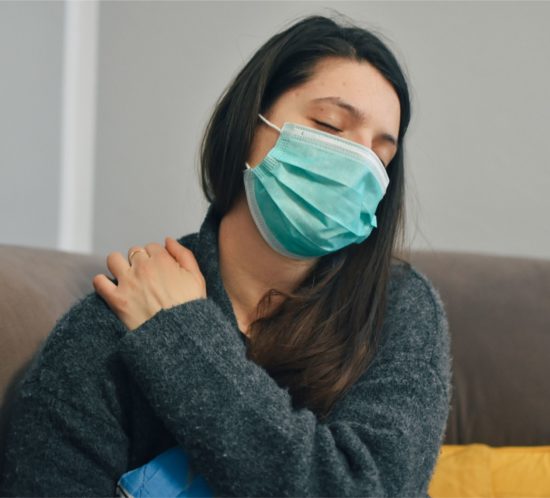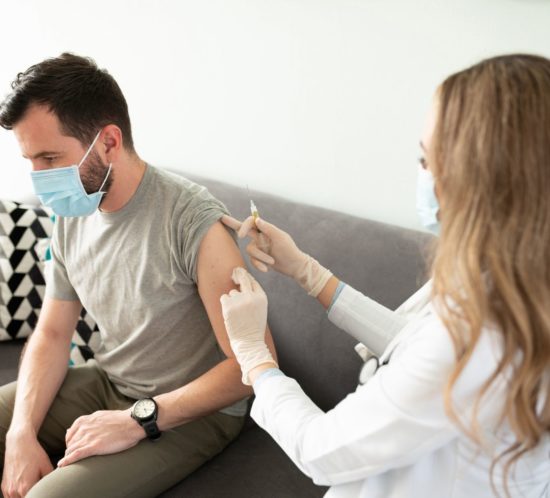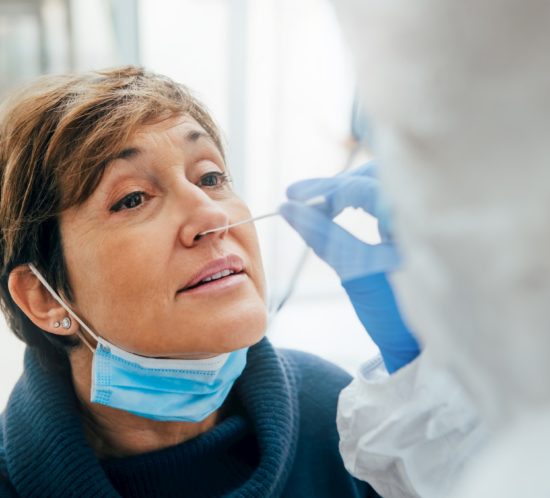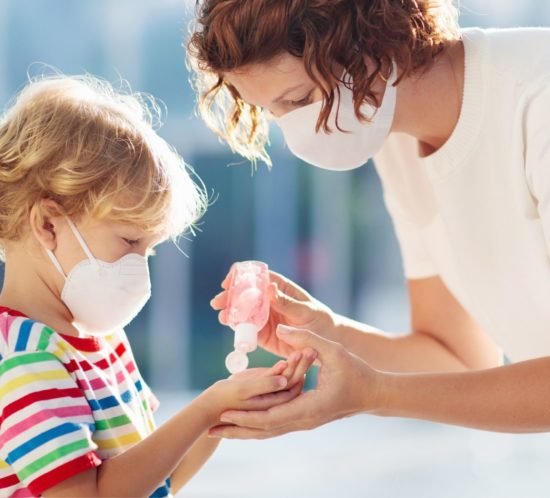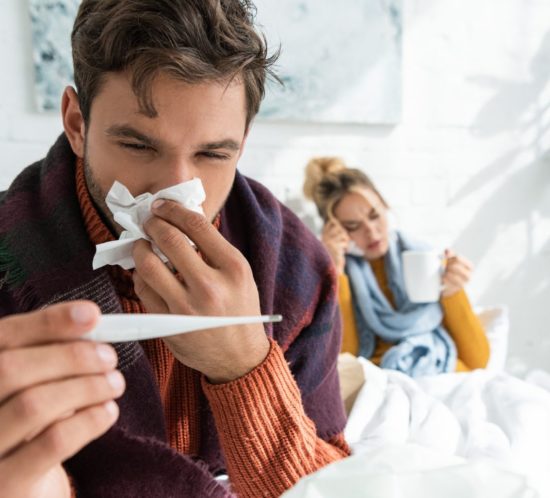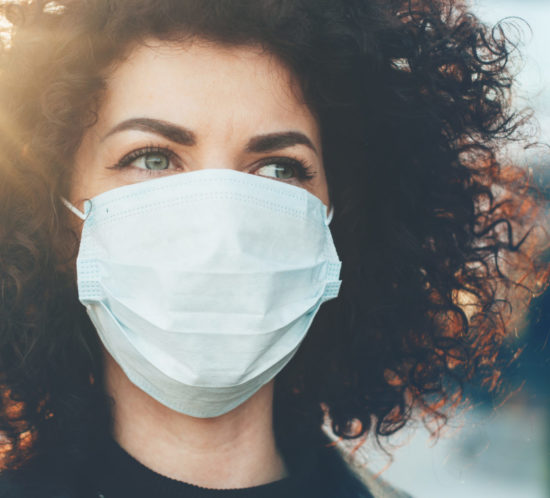Long COVID Symptoms and Treatment: What You Need to Know
The SARS-CoV-2 (COVID-19) pandemic affected people from all walks of life. For the past two and a half years, everyone put their lives on hold, from postponing weddings to canceling vacations, to protect themselves from the virus. However, medical care has come a long way in the treatment of acute COVID-19 infections. Through widespread vaccinations and better prevention methods, we are finally getting ahead of this disease.
READ MORE

